Möglicherweise das Beste, was dieser seit langem erfolgreiche Autor und in den letzten Jahren erfolgreiche Sänger hervorgebracht hat. Die Texte sind bedeutungsvoll und kommen so nah an der Poesie wie jeder andere, der heute Musik macht. Dieses Album transzendiert wirklich jede Kategorisierung, was eines der höchsten Komplimente ist, die einem Künstler gemacht werden können.
(Billboard, 7. Oktober 1974)
On his dark third album, Browne explored, in the words of one Rolling Stone reviewer, the "romantic possibility in the shadow of apocalypse." There's an undercurrent of dread on Late for the Sky, from "Before the Deluge" to "For a Dancer" -- not to mention a lot of obvious songwriting genius. (Rolling Stone)
Total album sales: 1 million // Peak chart position: 14
On his third album, Jackson Browne returned to the themes of his debut record (love, loss, identity, apocalypse) and, amazingly, delved even deeper into them. "For a Dancer," a meditation on death like the first album's "Song for Adam," is a more eloquent eulogy; "Farther On" extends the "moving on" point of "Looking Into You"; "Before the Deluge" is a glimpse beyond the apocalypse evoked on "My Opening Farewell" and the second album's "For Everyman." If Browne had seemed to question everything in his first records, here he even questioned himself. "For me some words come easy, but I know that they don't mean that much," he sang on the opening track, "Late for the Sky," and added in "Farther On," "I'm not sure what I'm trying to say." Yet his seeming uncertainty and self-doubt reflected the size and complexity of the problems he was addressing in these songs, and few had ever explored such territory, much less mapped it so well. "The Late Show," the album's thematic center, doubted but ultimately affirmed the nature of relationships, while by the end, "After the Deluge," if "only a few survived," the human race continued nonetheless. It was a lot to put into a pop music album, but Browne stretched the limits of what could be found in what he called "the beauty in songs," just as Bob Dylan had a decade before.
(by William Ruhlmann, All Music Guide)
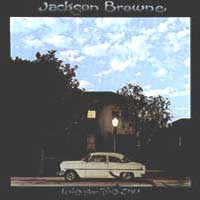
 Inselplatte
Inselplatte  #1 in Jahresliste
#1 in Jahresliste  Plattentipp
Plattentipp 





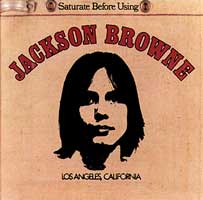
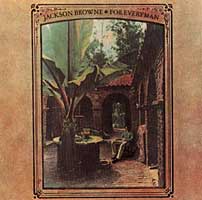
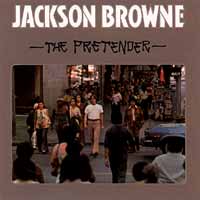
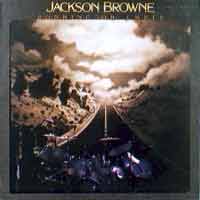
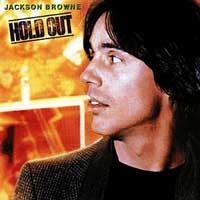



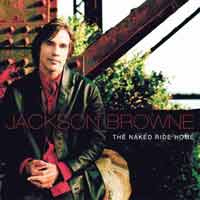

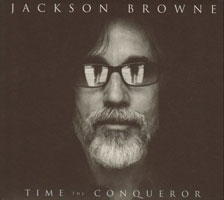
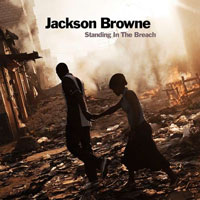
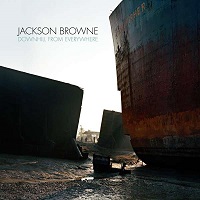
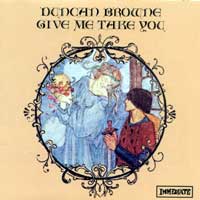
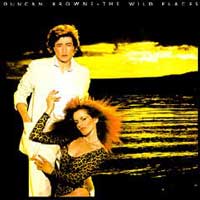


 #594 Virgin/Colin Larkin(2000)
#594 Virgin/Colin Larkin(2000) #151 Rock Critics Choice(1978)
#151 Rock Critics Choice(1978) eins von 100 Insel-Alben von Günter Ramsauer (1961-2002)
eins von 100 Insel-Alben von Günter Ramsauer (1961-2002) 